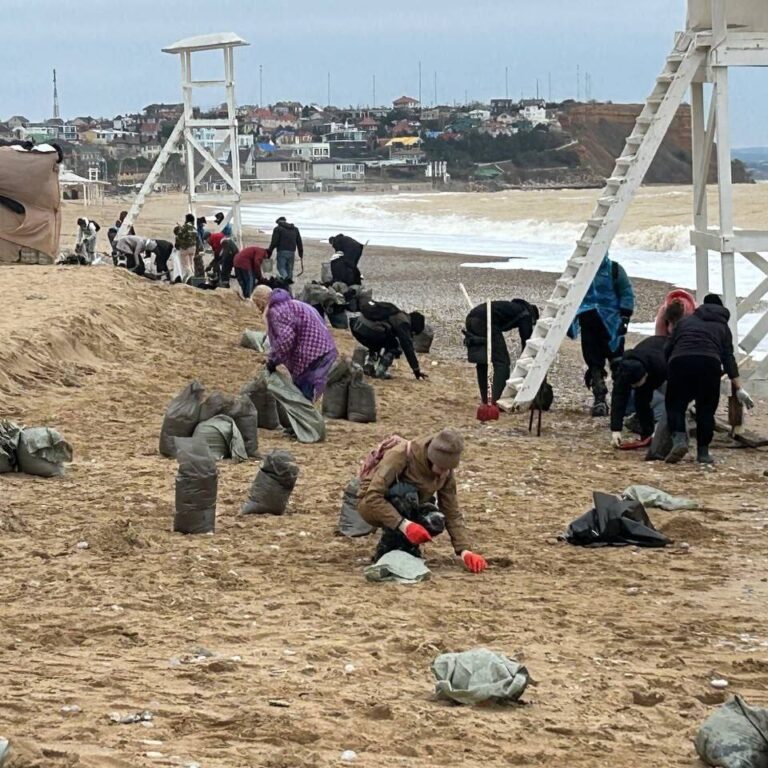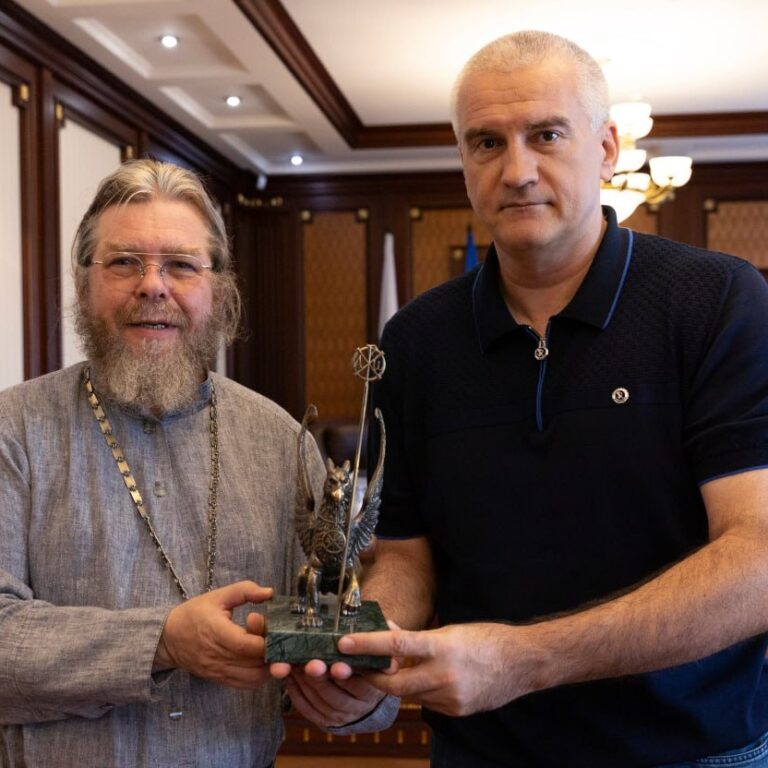As the Crimean Tatar Resource Center reported on June 6, among the victims of the occupation of Crimea, it is especially necessary to single out the category of “political prisoners of Crimea, whose rights are limited outside places of captivity”, in particular, this category can include people who have actual restrictions in the form of a “trial period”, “conditional term”, “administrative supervision” or “house arrest”.
As the Center points out, these restrictions are designed to make the civilian life of political prisoners as difficult as possible after “serving the term” of the illegal “punishment”. Human rights activists add that Russia uses absolutely all the tools of the repressive machine for demonstrative punishments for displaying a pro-Ukrainian position in Crimea.
The center points out that the aggressor applies this form of repression even to the disabled, for example, political prisoner Alexander Sizikov has been under “house arrest” for several years, although he is a disabled person of the first group. Also, Andrei Belozerov, a former teacher at the Belogorsk technical school, was “convicted” to two months of “house arrest”, who during the “house arrest” twice lost consciousness due to hunger, because he was forbidden not only to work but also to go out for food.
The Center indicates that at the moment there are at least 288 citizens of Ukraine who are being prosecuted for political reasons in “criminal cases” for the period of the occupation of Crimea, 36 of which have restrictions or a “trial period”, 19 of them are representatives of the indigenous Crimean Tatar people. Let us add that a similar form of repression was carried out by the occupiers regarding a group of Ukrainian fishermen from Ochakov, who were stolen from the Black Sea in 2018 with the aim of terrorist blackmailing Ukraine in the Nord case.
Now these “cases of fishermen” are under consideration in the UN Committee on Human Rights, in the European Court of Human Rights, as well as in the Ukrainian Supreme Court regarding their recognition as victims of the Kremlin, our Association recently reminded international structures, including IMO, ILO and FAO of this manifestation of Russian maritime aggression.







